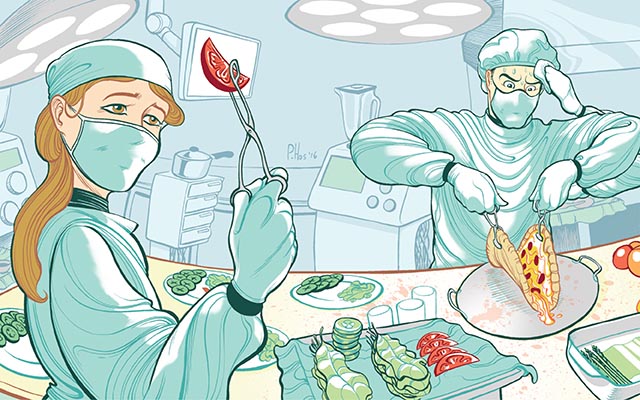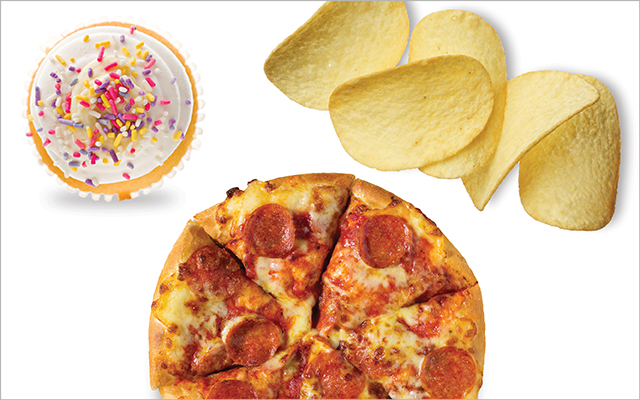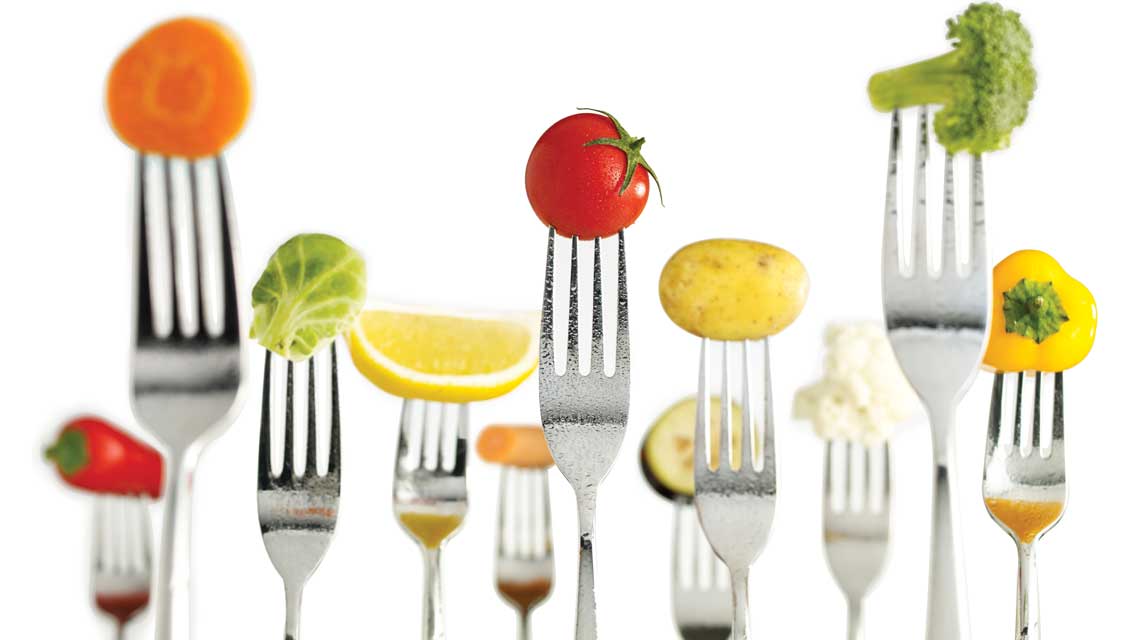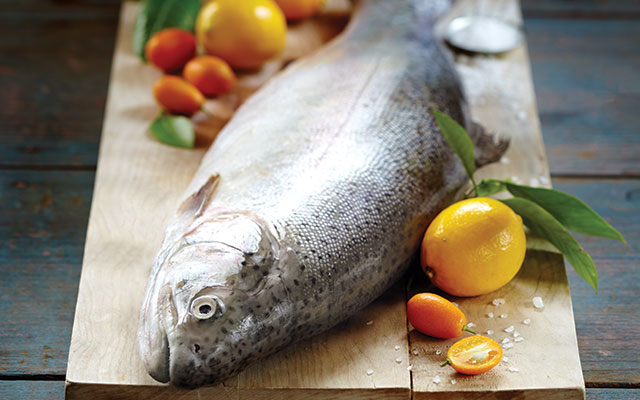There are a lot of reasons why people visit the Mayo Clinic, most of which have something to do with heart surgery or various other medical emergencies. I traveled there recently to learn how to cook barley risotto.
Barley has many good features: It’s full of fiber and rich in niacin (vitamin B3) and minerals such as manganese and selenium. It also has a nice, nutty flavor that lends itself to a wide variety of pleasant dishes you might enjoy at the end of a long day. Plus, it’s really easy to cook.
I could have learned to make barley risotto in five minutes by reading a recipe, but I went to the Mayo Clinic to learn about it because I wanted to hear from doctors there who are convinced that the greatest public-health advances will come not from gee-whiz medical technology but by teaching Americans how to cook healthy meals.
That’s how I happened to sit down with internist Deborah Rhodes, MD, over barley risotto. At one point, our conversation turned to that classic scene from TV cop dramas: A drug dealer, riddled with gunshot wounds, is rushed into the emergency room on a hospital gurney. The valiant crew of surgeons and nurses race to save him, cracking jokes about how one of the bullets hit the exact same place where he was wounded the last time he was in the ER. It will, they quip, reduce the amount of scarring.
It’s tempting to look at that cliché and see a tragic example of someone who made dangerous choices that overtax our medical system while destroying lives. But do we ever stop to think about the everyday choices we make that lead to similarly awful outcomes?
Rhodes told me she sees patients all the time who suffer an obesity-related medical emergency — say a heart attack — and return years later with other serious complications of obesity because they were unable to address the underlying causes. The statistics are alarming:
- Women who have survived one of the most common types of breast cancer and are obese have a 30 percent higher chance of recurrence and a nearly 50 percent higher chance of dying from the cancer, compared with healthy-weight survivors.
- Some 120,000 cancer cases in the United States each year are directly associated with obesity, according to the American Institute for Cancer Research.
- Weight issues may account for as many as 14 percent of cancer deaths in men and 20 percent in women 50 and older, according to a 2003 study by the American Cancer Society.
- More than 16 percent of strokes are associated with obesity.
- Middle-age men who are obese have a 60 percent greater chance of dying from a heart attack than their counterparts with a healthy weight.
Obesity, of course, has many causes, but for most of us it’s all about priorities — especially balancing the demands of work against the time and energy required to develop and practice healthy habits. We often feel it’s good to spend an extra three hours at the office, but bad to take a little time off to attend yoga class. Or we believe it’s OK to be so selfless at work that we skip lunch, work through dinner, and hit the drive-through on the way home, but it’s selfish to insist on making time for family meals.
Part of the solution, according to Rhodes and her Mayo Clinic colleagues, is to teach people how to cook. Mayo’s new “participation kitchen” can help people emerging from a medical crisis who are ready to use that difficult moment in their lives as a pivot point. Learning to prepare healthy meals can aid the transition from their current lifestyle to one that may keep them out of the emergency room in the future.
Mayo also offers life coaching and Pilates classes, as well as health assessments, to help patients get back on the fitness track. If this doesn’t sound like our notions of a hospital, that’s because Mayo and other medical centers are beginning to figure out that the future of health is about preventing, rather than treating, chronic disease. And eating well is a central part of the strategy.
That’s easier said than done, of course, and it always has been. Hippocrates, who lived some 2,500 years ago, offered one of our better-known life lessons when he said, “Let food be thy medicine.” But, as Plato pointed out, not everyone was listening. “We have made of ourselves living cesspools and driven doctors to invent names for our diseases,” the philosopher wrote.
People in Hippocrates’s time ate what we would today call an organic, whole-foods diet, and they probably got a fair amount of exercise, as there were no cars or escalators. But they still found a way to eat poorly. It’s just something that people do — we’re all too human, all too frail. I like to think of a poor diet not as a personal failure, but as a weakness that has vexed humans since at least the time of Hippocrates.
How can we work with that human frailty and nudge ourselves in the direction of better health? We might start by cooking barley for risotto. Load it up with sautéed red peppers and Swiss chard, throw on some sautéed chicken, lamb sausage, or salmon, and you have a thoroughly healthy and satisfying meal.
There are even easier steps, though. Keep a bag of almonds or protein bars at the office. They’ll keep you from resorting to the vending machine for sustenance when those last-minute meetings force you to skip lunch. Make a batch of hard-boiled eggs on the weekend so you can grab a quick, protein-rich breakfast when you’re running late for work. Swap out sugary beverages for drinks that you actually love just as much but don’t consider very often — perhaps chilled peppermint tea?
None of these things is as complicated as heart surgery. But taken together, they might just keep you out of the emergency room and off the operating table.
Illustration by Paul Hostetler




This Post Has 0 Comments